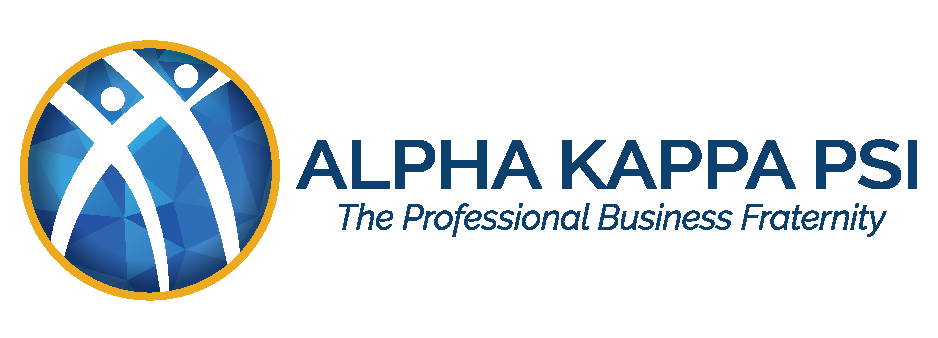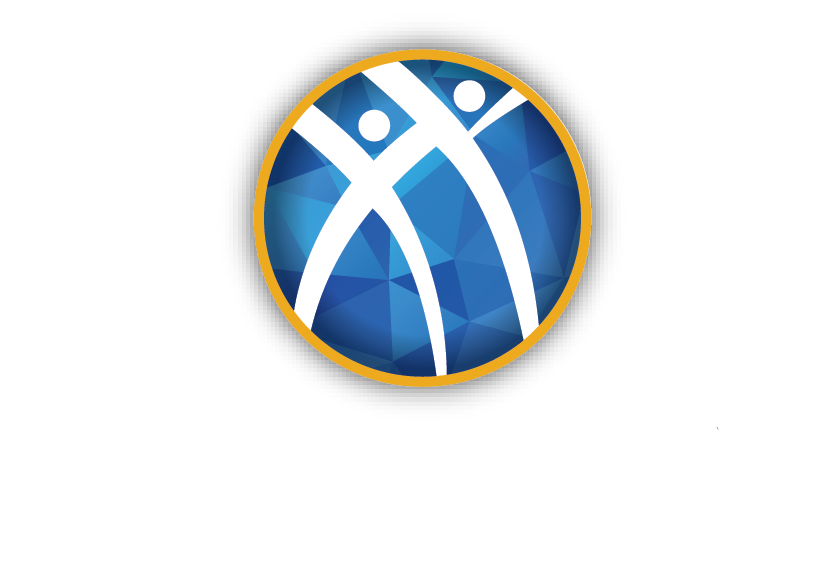
You’ve scoured the web for the right job listings. You’ve written and revised your cover letter a hundred times. You’ve filled out online applications and tweaked your resume to be just right. Up to this point in the employment search process, you’ve used written materials to pique the interest of potential employers. Now, it’s finally time for your interview, but are you ready to sell yourself? Whether it’s done over the phone, via video chat, or in-person, oral communication can make or break the entire deal. What goes into great oral communication during an interview, and how can you be sure to make the best possible impression?
Oral Communication During an In-Person Interview
In person-interviews allow job-seekers are able to use the interaction to show off every aspect of their personality and prove that they’re the right person for the job. However, this also means there’s a lot of pressure for interviewees to deliver at all angles. A study performed by Come Recommended found that 33 percent of bosses knew whether they would hire someone within the first 90 seconds of an interview. With that in mind, make sure you’re primed and ready to go from the moment you enter the room. Practice active listening by repeating questions back to the interviewer or summarizing their question. Speak clearly and succinctly, and don’t worry about taking your time to formulate your thoughts when answering a question. According to a study published on Career Geek 38percent of hiring officials said the quality of grammar and overall confidence had the most important impact during the interview.
Oral Communication During a Video Interview
Over the past few years, companies have made the push toward video interviews to make the process more efficient. A study published by the Aberdeen Group found that 47percent of companies prefer video conference interviews because it saves on time, and another 67percent said it cuts down on travel costs. Though you may not be in the room with the interviewer, you should do everything possible to act like you are. Eye contact is still incredibly vital during these video interviews, as it demonstrates confidence. The study published by Come Recommended found that 67percent of bosses and hiring managers cited a lack of eye contact as being a primary mistake by applicants. Don’t let yourself become distracted by going ons around you, and find a quiet, private location that will allow you to answer questions and focus your attention on the hiring party. Continue to practice active listening by asking questions and summarizing their points. Take your time in responding so you don’t trip over your words.
Oral Communication During a Phone Interview
Phone interviews can be a tricky situation. Without any visual cues, it’s tough to gauge reactions to what you say or how you say it. It’s also common to find yourself and the interviewer unintentionally interrupting or talking over one another. Still, these types of interviews are often unavoidable, particularly in the first few rounds of candidate conversations. They are an efficient and quick way for hiring managers to sift through a lot of applicants. When the call begins, make sure to greet anyone who’s announced themselves on the call. Before answering, listen to the question in its entirety so that you’re not jumping the gun or leaving anything out. It may be handy to keep a notepad nearby to jot down important ideas you want to communicate. You’ll also want to try and keep your answers succinct; without the ability to make eye contact, it can be easy to give long and rambling answers. As with any of these interview scenarios, answer with confidence.
Interviews are both exciting and nerve-wracking. It’s as though we can see the light at the end of the tunnel. But, we also know that if the interview doesn’t go well, it may mean beginning the process all over again. Your written materials got you to this point, but person-to-person meetings will rely much more heavily on your oral communication skills. By remaining calm, actively listening, and showing your confidence, you’ll have a great chance to take this interview and turn it into a career.







